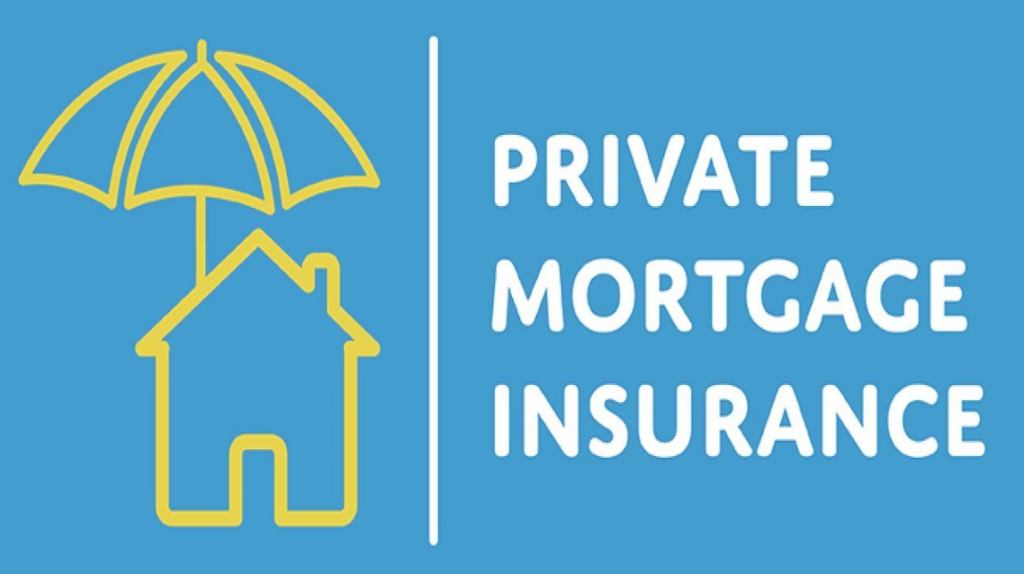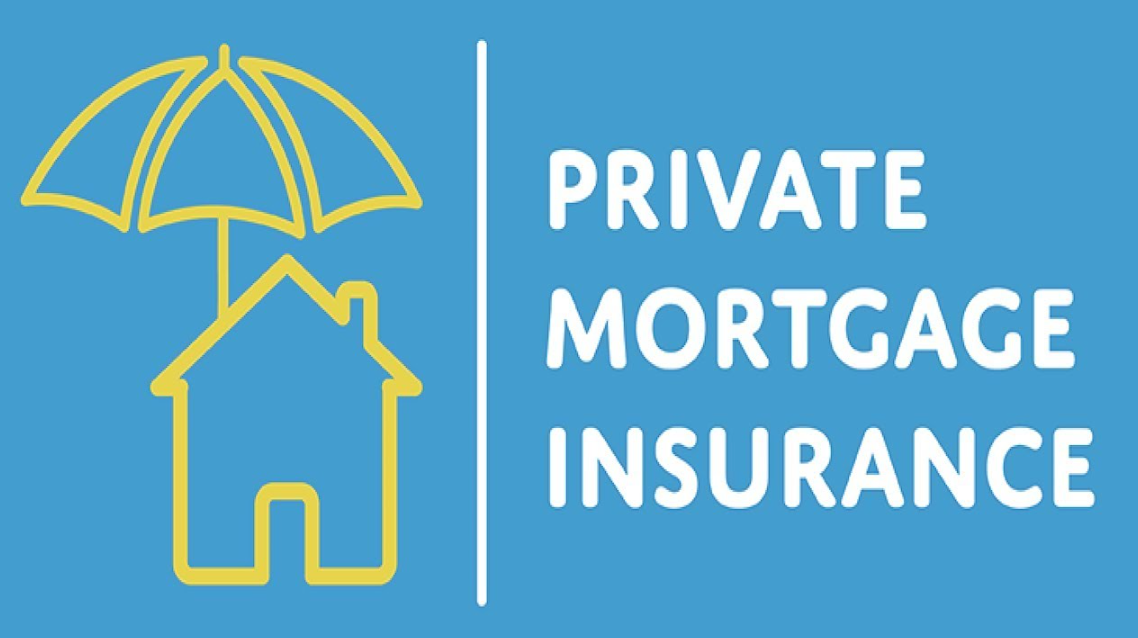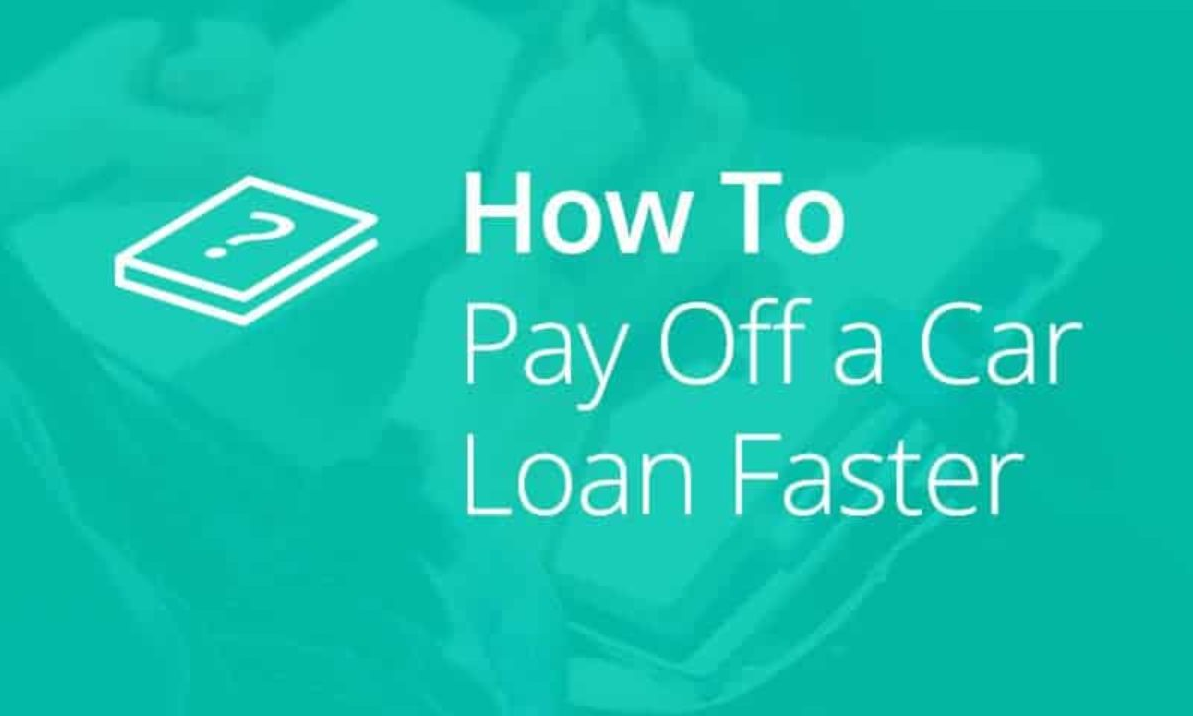How to Refinance Your Mortgage Insurance – Refinancing your mortgage insurance can be a savvy move, but navigating the process requires a comprehensive understanding of the steps involved. From assessing your current policy to understanding market trends, this guide will walk you through every facet of refinancing, ensuring you make informed decisions every step of the way.
Introduction

Refinancing mortgage insurance can be a strategic financial move, offering potential savings and flexibility. It’s essential to grasp the nuances of this process to make informed decisions about your mortgage. This guide breaks down the intricate facets of mortgage insurance refinancing, empowering homeowners with actionable insights.
Understanding Mortgage Insurance
Understanding the core concept of mortgage insurance is crucial. It serves as protection for lenders against default and allows borrowers to access favorable loan terms with a lower down payment.
Mortgage insurance is a financial safeguard that protects lenders if the borrower defaults on payments. How to Refinance Your Mortgage Insurance begins with understanding the existing policy and how it impacts your financial landscape.
Benefits of Refinancing Mortgage Insurance
Refinancing offers several benefits, including lowering monthly payments, accessing better interest rates, and eliminating mortgage insurance premiums sooner.
Steps to Refinance Mortgage Insurance
The process involves thorough planning and execution. Steps include evaluating current loan terms, researching available options, gathering necessary documents, and applying for refinancing.
Factors to Consider Before Refinancing
Various factors, such as current interest rates, loan-to-value ratio, and credit score, significantly impact the feasibility of refinancing. Understanding these elements helps in making informed decisions.
The Process of Refinancing
Navigating the refinancing process involves understanding the paperwork, fees, and timelines. Detailed knowledge ensures a smoother transition from the existing mortgage to the refinanced one.
Types of Mortgage Insurance
Different types of mortgage insurance exist, each with distinct features and requirements. Understanding these options helps in choosing the most suitable one.
Comparing Different Refinancing Options
Exploring multiple refinancing options allows homeowners to compare interest rates, fees, and terms, ensuring the best fit for their financial situation.
Impact of Credit Score on Refinancing
Credit scores significantly influence refinancing terms. Tips on improving credit scores and their impact on refinancing outcomes are crucial for homeowners.
Pros and Cons of Refinancing Mortgage Insurance
Evaluating the advantages and potential drawbacks of refinancing provides a balanced perspective, aiding homeowners in making informed decisions.
Case Studies and Examples
Real-life examples illustrate successful refinancing strategies, offering practical insights and inspiring confidence in the process.
Common Misconceptions about Refinancing
Addressing prevalent misconceptions about mortgage insurance refinancing dispels myths and ensures clarity for homeowners contemplating this step.
How to Refinance Your Mortgage Insurance
The actual process of refinancing involves specific steps and considerations to ensure a successful transition.
Closing the Current Policy
Coordinate with your current insurer to close the existing policy and ensure a seamless transition to the new one.
Finalizing New Terms and Payments
Carefully review and understand the new terms, interest rates, and payment schedules before finalizing the agreement.
LSI Subheading 3: Timely Payment Transition
Ensure a smooth transition by making timely payments during the transfer between policies.
Conclusion
Refinancing mortgage insurance is a strategic financial move that demands thorough understanding and consideration of various factors. Armed with comprehensive knowledge, homeowners can navigate this process confidently, potentially unlocking substantial savings and financial benefits.
FAQs
1. Can I refinance my mortgage insurance anytime?
Refinancing options depend on multiple factors, including current market conditions and loan terms. It’s advisable to assess your situation and consult with a financial advisor for optimal timing.
2. Will refinancing my mortgage insurance affect my credit score?
Refinancing may initially impact your credit score due to credit inquiries and opening a new loan account. However, timely payments on the new loan can positively impact your credit over time.
3. What fees are involved in refinancing mortgage insurance?
Fees may include appraisal costs, loan origination fees, closing costs, and potentially mortgage insurance premiums. Understanding these fees and negotiating where possible is crucial.
4. Can refinancing help eliminate mortgage insurance altogether?
Depending on the new loan terms and loan-to-value ratio, refinancing can lead to the removal of mortgage insurance sooner, offering potential savings for homeowners.
5. How long does the refinancing process take?
The timeline varies but typically takes a few weeks to a couple of months. Factors such as document preparation, appraisal, and lender processing contribute to the duration.
NEXT go to this article :

